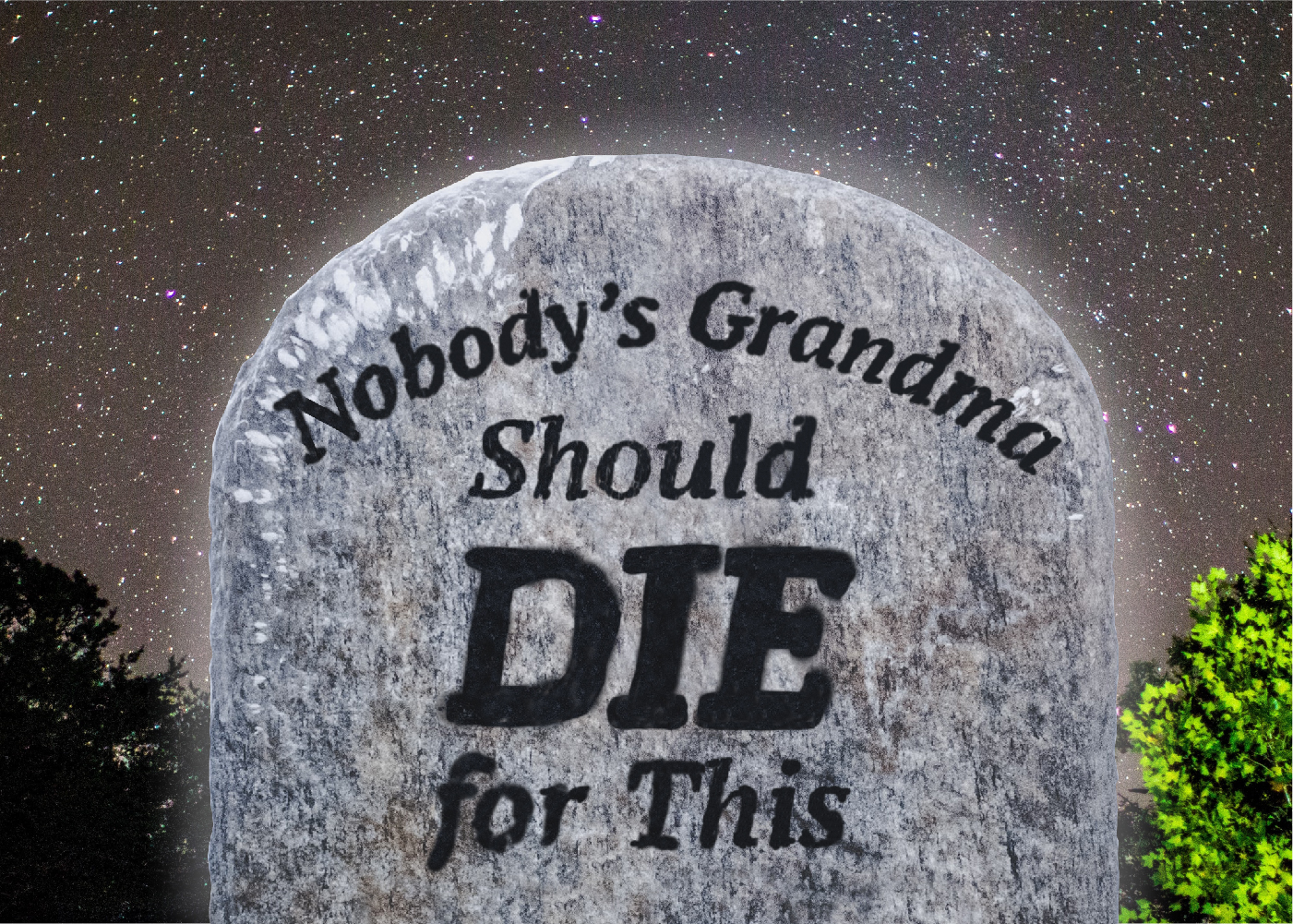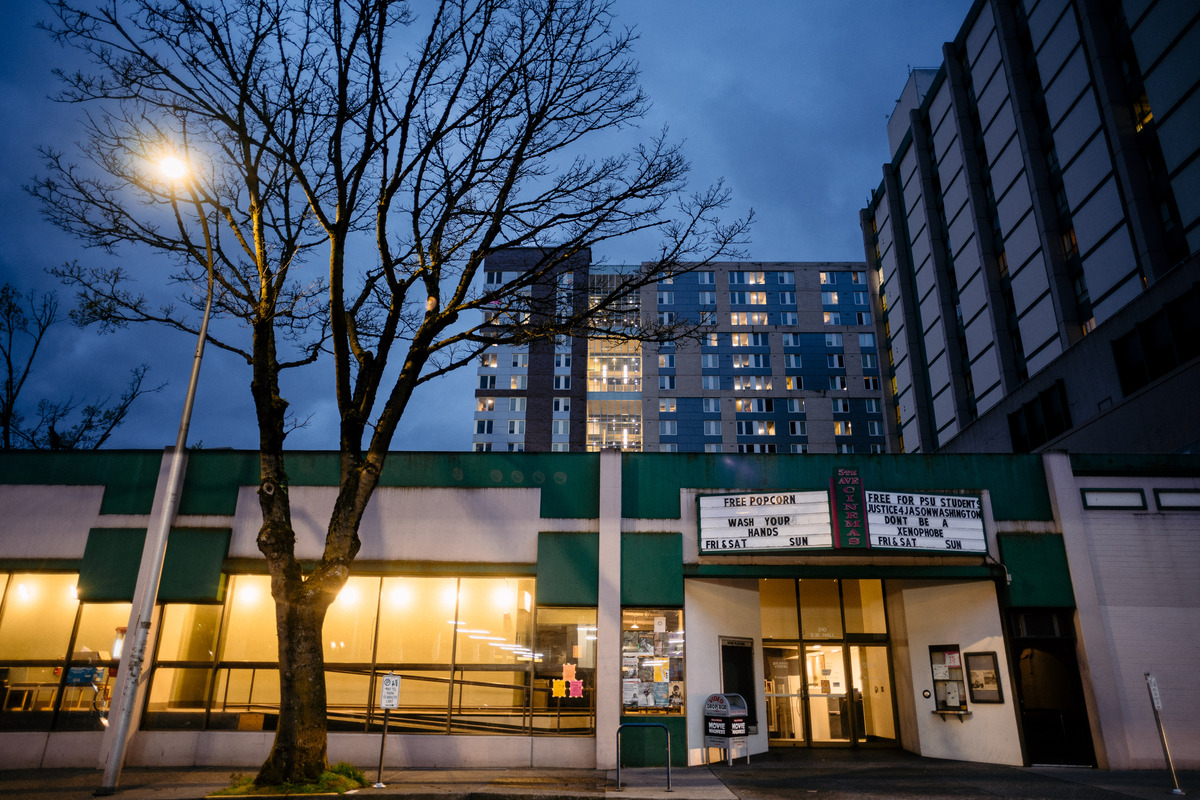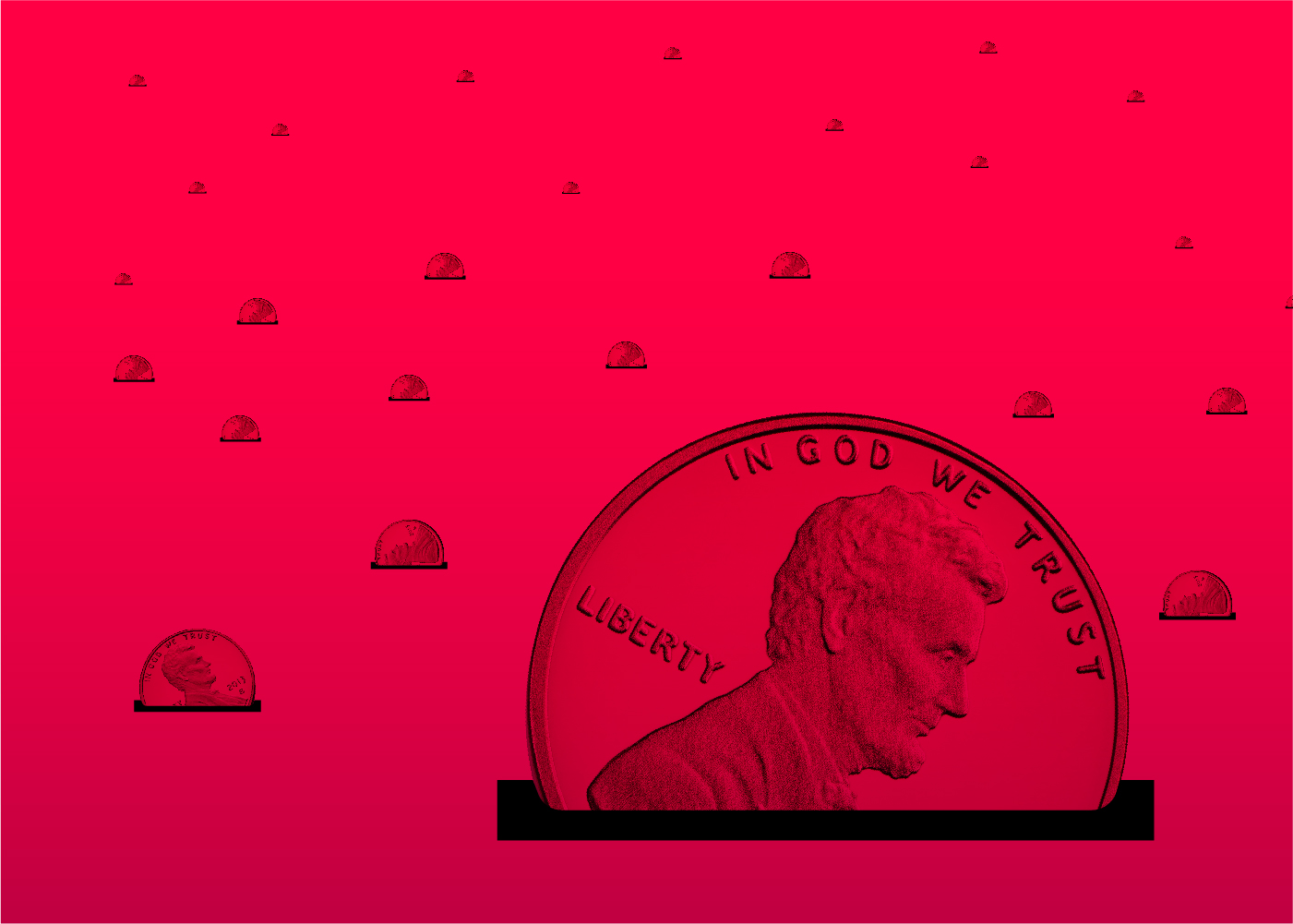The Coronavirus pandemic is days old, not even long enough to have its age listed as weeks since it went from local to global, and yet the worst of society is coming out as we speak. From Lieutenant Governor of Texas Dan Patrick to The Federalist, an increasing chorus of “get back to work” has begun to mingle with a grim acceptance that this would mean many people, mostly elderly, are likely to die in order to preserve economic normalcy.
It goes without saying that nobody’s grandma, not even those willing to die, should be sacrificed for the race toward profit.
That we are here lifting this up as the difficult decision rather than buckling down, gritting our teeth and soldiering through a widespread lockdown, is an indictment of the greed of the American people. It’s certainly true that most Americans are not interested in sentencing their Nanas and Pop-Popses to a slow, wheezing death on a waiting list for a ventilator, but the will to incentivize staying home is practically nonexistent. Exasperated governors are being forced to beg people to limit their outside time to a walk around the block while federal funding for essential self-support like unemployment payments is dreadfully low.
In a perfect world, proposals like those by Rep. Ilhan Omar to mint a trillion-dollar coin or three for things like student debt forgiveness, expansion of healthcare and universal monthly payments would be an obvious solution. Instead, even Democrats are using this crisis to further bash Medicare for All and its supporters while offering means-tested support for voters that absolutely nobody is asking them to offer. Senator Schumer and Majority Leader Pelosi could be saying a monthly payment of untaxed money to everyone, equally, could be offered if states would simply have people stay home for a few weeks. The voter support would push such a measure through, naturally.
Unfortunately, Schumer, whose state has a political structure governed by corporations, and Pelosi, who has spent her career enforcing moderation and centrism, have both closed the door to aggressive and broad intervention. Instead, large parts of the country are neither testing nor limiting public interactions in a meaningful way. The simmering public health crisis underlying this inaction will absolutely make the United States the epicenter of this pandemic, but nobody wants to risk the appearance of socialism.
Instead, President Donald Trump, whose bumbling has helped nobody, appears far more decisive and presidential, as the vast majority of Americans—not infected, and knowing nobody who has caught the virus yet—feel they will remain untouched. Instead of working to confront the health crisis, politicians are more focused on their own political crisis. Even here in Oregon, Governor Kate Brown has shown little will to act, issuing modest statements that dithered around shelter in place measures that did not go into effect until well after thousands mingled in now-closed state parks. It is demonstrably false that this will blow over by just telling folks to not use the Target bathroom and to spread out like they’re on a playground.
This pandemic is going to kill your grandparents and many of your friends if we don’t accept that the only way we can really, truly stop it, is to stay inside for a few weeks. This could be staggered and cycling, but even that is better than the non-effort being undertaken today. Making some stay home and others work in an extremely arbitrary temporary economy of essential and nonessential workplaces is going to cause a handy hopscotch scenario where non-medical workers are infecting the public for days until they themselves come down with COVID-19. Essential services should rightly be limited to public health, safety and core infrastructure like mail.
If states had better support infrastructure, it would be possible to have the United States Postal Service and companies like UPS deliver food support to homes while allowing beleaguered healthcare workers to better limit their exposure to non-essential interactions. Instead, the houseless are left without support centers, foods covered by WIC are selling out before the parents who use the service can purchase necessary but government-limited sustenance and folks are convinced that it’s fine to go to the grocery store every few days to cover up for the fact that grocers and their workers are financially unmoored in this economy.
And yet, nobody’s grandma should have to die as a result of this lack of preparedness.
Aggressive action is needed and hard conversations are meant to be had. None of them should judge people on their worth and none of the talk should be how to keep the poor from getting financial support that has been arbitrarily deemed unnecessary. This isn’t going away any time soon, the time for action is now.






